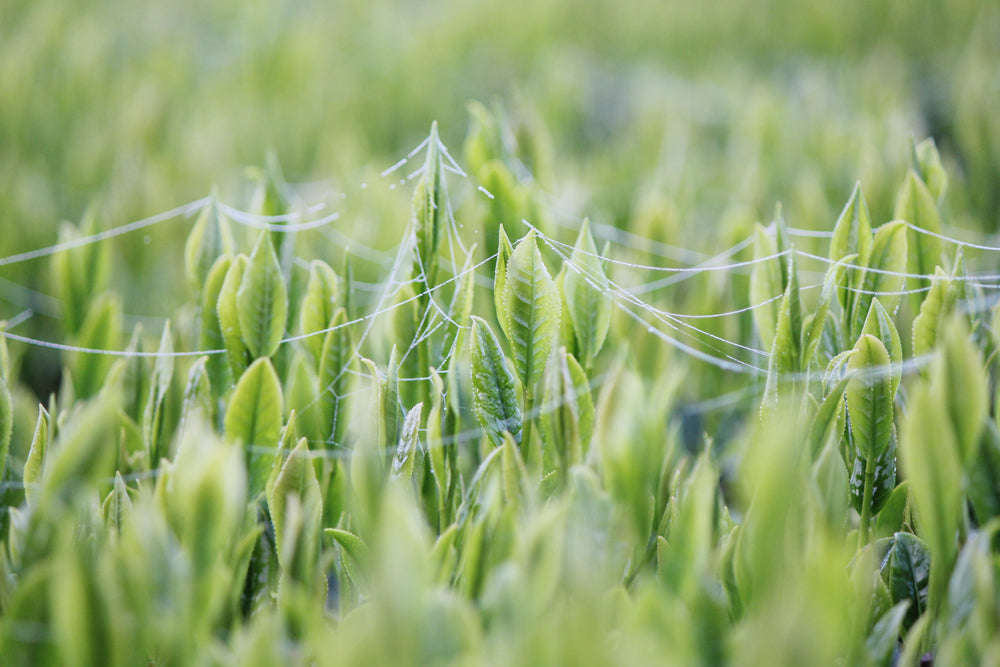
Matcha & S.O.D.- cutting edge research
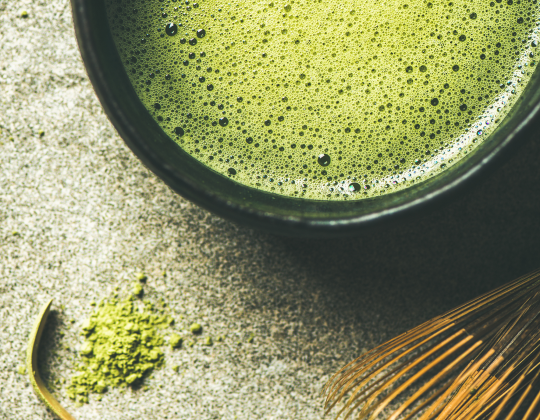
Matcha & the S.O.D. Enzyme A review by Rebekah Ball
Matcha green tea is known as the “Ceremonial Tea” in Japan and is ritualized in the traditional Japanese tea ceremony that demands a premium and pure tea for overall clarity and to enable focus in meditation. Most immediately, Matcha is an amazing source of energy, wellbeing and even longevity! Yes, I said longevity and I will take it even one step further and classify matcha as one of the keys to the fountain of youth! I know it is a bold statement but according to numerous studies, Matcha has been studied to contribute to your lifespan and support the production of some very important antioxidants and enzymes which are involved with antiaging; EGCG and SOD.
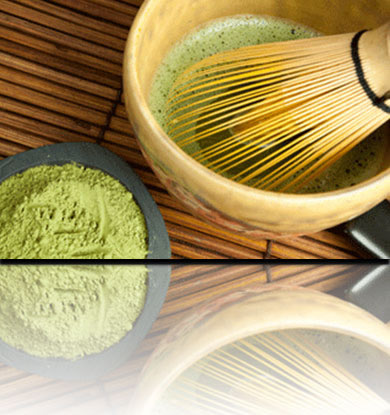
MATCHA’S POWERFUL CATECHINS…Matcha is an anti-microbial. It contains potent anti-biotics and anti-virals, lending itself to the prevention of and assisting with the treatment of many ailments including flu, cold, inflammation, toxins, food poisoning and travel bugs. What is a Catechin? The catechins in matcha are very powerful antioxidants, known as EGCG, which give much support to the immune system, reduces inflammation, boosts the immune system, aids in weight management and helps prevent certain chronic diseases. A simple way to think of antioxidants is that they are substances which help protect our cells, the soldiers that fight to keep our body healthy and strong.
Premium quality Ceremonial Matcha is one of the highest foods in the world in antioxidants! Our black label Matcha contains the highest EGCG antioxidant levels of anything we have seen tested on the market. 1 serving of our Ceremonial Black Label Matcha contains roughly 180mg/2g (1 tsp serving size) of EGCG. Just for reference, the average EGCG levels in the market with matcha range from 17mg-50mg.
Matcha and SOD… The EGCG in Matcha can induce the production of the body’s natural detoxification enzyme “Superoxide Dismutase”, or SOD. What that means is that by drinking Matcha, you are helping your body produce possibly the most important antioxidant known to man, referred to as the “youth molecule”. SOD is an antioxidant-rich enzyme that is found in every living cell in the body. This enzyme acts as a catalyst to help every function in your cells! SOD also helps the appearance of skin, fine line and wrinkles and age spots. Bottom line…We cannot live without this enzyme!
SOD will hunt down the free radicals and disease in the body making it one of the most powerful preventatives known to man. Unfortunately, most people are deficient in this enzyme, which decreases with age, with less than half the amount circulating through our body after age 30. As we age we produce less SOD and much less after the age of 40! Therefore SOD is an essential “anti-aging” enzyme that we must consume from our food or find ways to activate production, in order to boost levels in the body. The lack of SOD in our body is truly a health crisis!
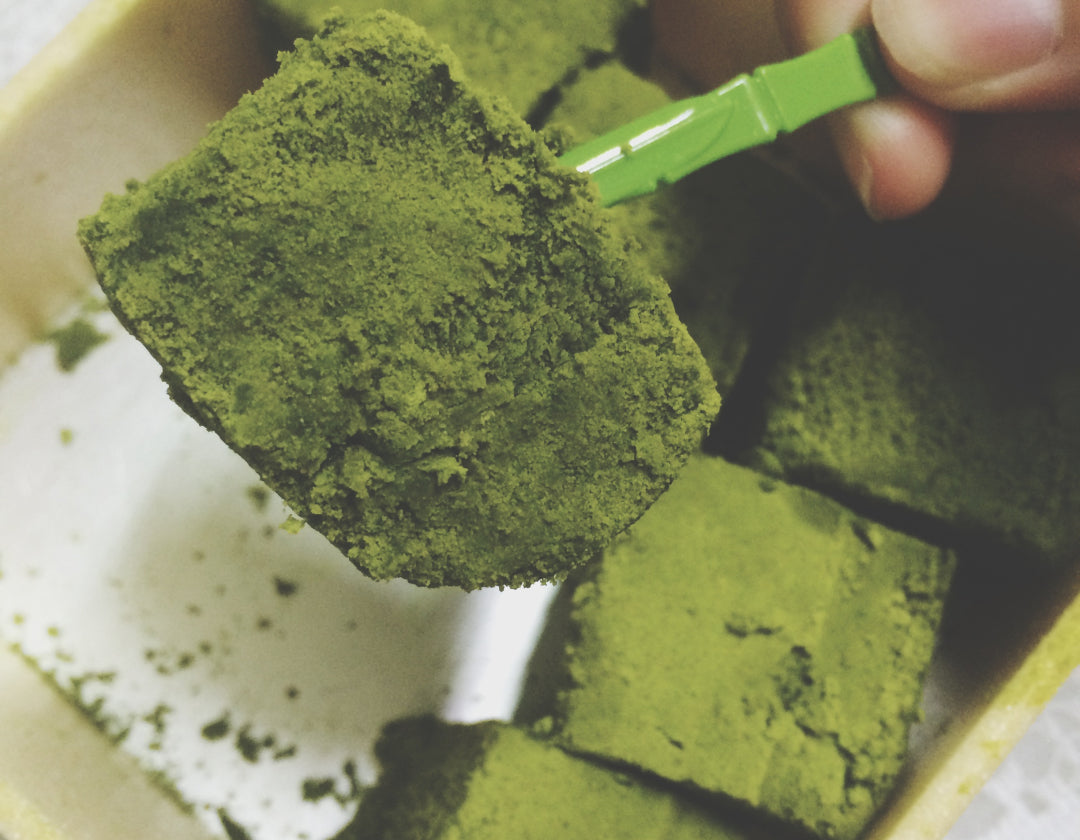
SOD Clinical Studies…Clinical studies have proven that SOD is key for promoting youthful skin and minimizing wrinkles; increasing and extending the quality of life; protecting against severe respiratory diseases; Minimizing inflammation (keeps not only joints healthy but inflammation affects the balance of hormones and stress and weight management); handling stress, helping the body fight cancer and even minimizing heart damage.
Why we need to consume Matcha in order to increase our SOD levels… We have established that as we age, our body produces less and less SOD. To help prevent premature aging, it is essential to find a way to boost your body’s levels of SOD. You can buy an SOD supplement which is a powdered enzyme made in a lab and generally animal-based which is very difficult to absorb. Even if it is plant-based the body has a hard time converting it and utilizing this enzyme in the body. Plus much of it gets destroyed in the gut when taken as a pill. In all my research I have discovered that one of the most beneficial ways to increase our SOD levels successfully is to consume Ceremonial Matcha, rich in EGCG, which encourages the body’s own production of this amazing enzyme. Any time you can provide your body with the right tools needed to work optimally and as nature intended, you have a true answer! As an adaptogen, Matcha helps the body restore balance and continue producing SOD after our 30’s and 40’s. After age 40, this is the time when the body produces less SOD and guess what… we start aging much more quickly, break down easier and have a much more difficult time fighting off illness as a result.
Another way to increase the SOD in your cells is to consume foods high in SOD such as Chaga Mushroom, Broccoli, Cabbage, spinach and Cantaloupe. Unfortunately organic and non-organic foods get their SOD content from the soil they are grown in and most soil is completely deficient in this enzyme so therefore fresh fruits and veggies have negligent amounts. Chaga mushroom is the best food source of Chaga if it is grown wild such as Chagit’s Chaga extract.
Bottom line is that increasing SOD in the body not only helps fight disease, balance our hormones, and restore balance, but also can contribute to extending life span! We are surrounded with constant external stress. Stress on every level creates inflammation and an imbalance in the body, prematurely aging the body. SOD provides a shield to protect our bodies down to a cellular level.
Truly one of the best things you can do for you and your family is to partake of and share this gift of Matcha… Matcha truly should be a household food, consumed by all! Matcha creates life and helps extend life, rich in quality and vibrancy. You are what you eat so please choose Got Matcha’s ceremonial matcha…choose your best life!
Rebekah
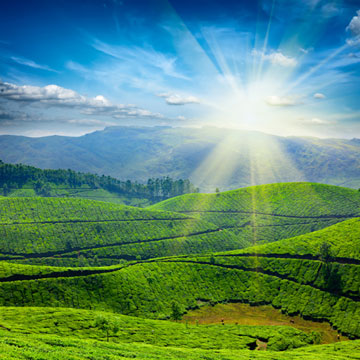
- Medical article on matcha and EGCG: https://www.ncbi.nlm.nih.gov/pmc/articles/PMC7796401/
- Matcha and EGCG and SOD: https://www.mdpi.com/2076-3417/11/11/5087/htm
- Kuriyama, S., Shimazu, T., Ohmori, K., Kikuchi, N., Nakaya, N., Nishino, Y., Tsubono, Y., & Tsuji, I. (2006). Green tea consumption and mortality due to cardiovascular disease, cancer, and all causes in Japan: the Ohsaki study. JAMA, 296(10), 1255–1265. https://doi.org/10.1001/jama.296.10.1255
- Onakpoya, I., Spencer, E., Heneghan, C., & Thompson, M. (2014). The effect of green tea on blood pressure and lipid profile: a systematic review and meta-analysis of randomized clinical trials. Nutrition, metabolism, and cardiovascular diseases : NMCD, 24(8), 823–836. https://doi.org/10.1016/j.numecd.2014.01.016